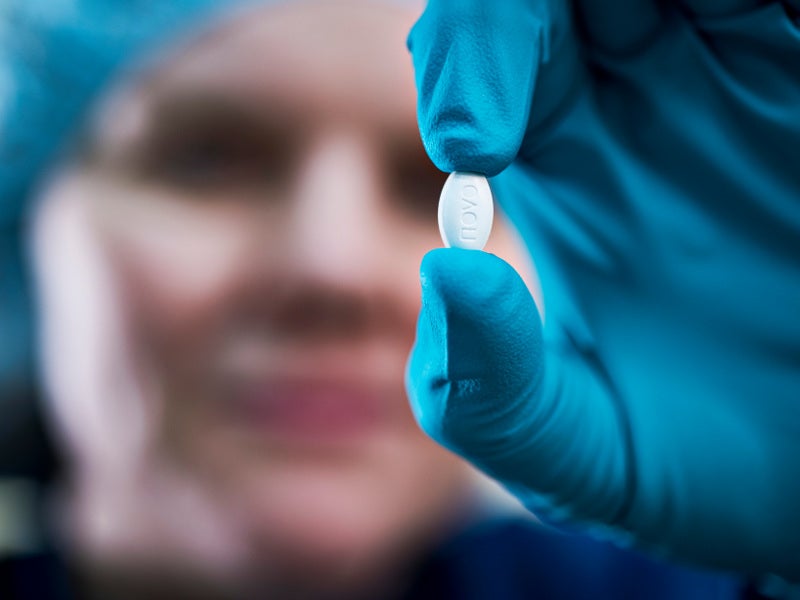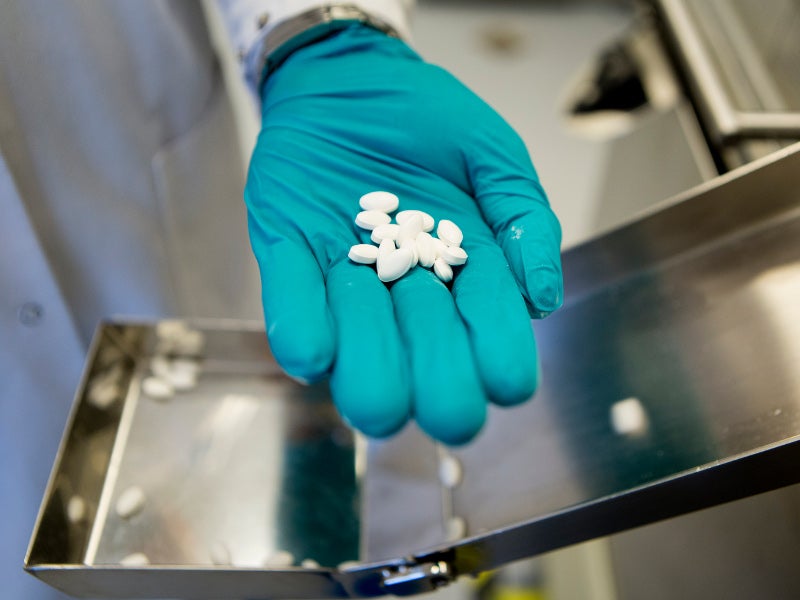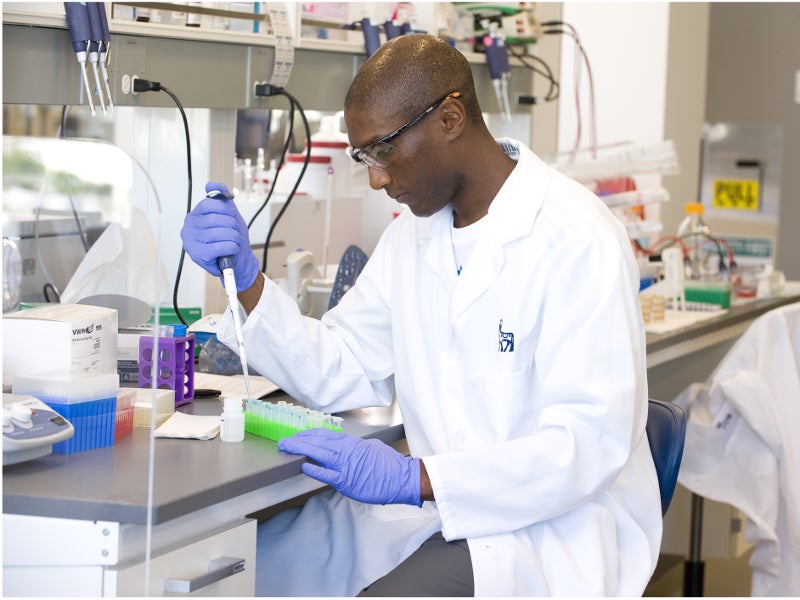Rybelsus® (semaglutide) is the first oral glucagon-like peptide-1 (GLP-1) receptor agonist approved for the treatment of type 2 diabetes in adult patients.
The drug is indicated as an addition to diet and exercise for the management of blood sugar levels in diabetic patients. Semaglutide was initially approved by the US Food and Drug Administration (FDA) as a once-weekly subcutaneous injection, under the brand name Ozempic®, in December 2017.
Novo Nordisk submitted a new drug application (NDA) to the FDA for the oral semaglutide formulation in March 2019 and secured the approval in September 2019.
In March 2019, the company also submitted a supplemental NDA to the FDA for the approval of the drug for the reduction of the major adverse cardiovascular events (MACE) risk in adult patients with type 2 diabetes and cardiovascular diseases.
The oral formulation of semaglutide received marketing authorisation in the European Union for type 2 diabetes treatment in January 2020. The drug is also being reviewed for approval in Japan.
Rybelsus is available as white, oral tablets in 3mg, 7mg and 14mg dosage strengths.
Type 2 diabetes causes and symptoms
Type 2 diabetes is a chronic metabolic disease that occurs due to improper use of insulin by the body. Obesity and lack of physical activity trigger the disease. Diabetes affects approximately 422 million people worldwide.
The disease impacts more than 30 million people in the US, where approximately 90-95% of patients have type 2 diabetes. Symptoms of the disease develop slowly and include frequent urination, increased thirst and hunger, weight loss, fatigue, slow-healing of sores, as well as increased risk of infections.
Semaglutide mechanism of action
Semaglutide is an analogue of the natural physiological hormone, GLP-1. The hormone has multiple effects on glucose, mediated by GLP-1 receptors. Semaglutide binds to and activates the GLP-1 receptor selectively, which stimulates a mechanism for increased insulin secretion by the pancreas and decreased glucagon secretion, lowering the blood sugar level.
Clinical studies on Rybelsus
FDA approval of the Rybelsus comes from positive outcomes of a global clinical programme called PIONEER, which included ten Phase III clinical studies, enrolling 9543 patients with type 2 diabetes.
Rybelsus was compared with other blood sugar-lowering agents including sitagliptin, empagliflozin and liraglutide, more effective in reducing blood sugar levels than other agents in injection form. Rybelsus was well tolerated by the patients, reducing the body weight of the patients by up to 4.4kg.
PIONEER 2, a head-to-head clinical study of oral semaglutide, was conducted against Jardiance® (empagliflozin). The patients administered with oral semaglutide demonstrated 44% more blood glucose decline when compared to patients receiving Jardiance at week 26.
PIONEER 3, a head-to-head clinical study of oral semaglutide with Januvia (sitagliptin), showed 63% greater reduction of blood glucose level in patients taking 14mg semaglutide than those administered with 100mg Januvia at week 26.
PIONEER 4, a head-to-head clinical study of 14mg oral semaglutide with 1.8mg liraglutide, also demonstrated the non-inferiority of the oral drug to the subcutaneous drug.
PIONEER 6 clinical study was designed to study the cardiovascular safety in type 2 diabetes patients at cardiovascular disease risk. The study showed 21% lesser MACE events in patients receiving oral semaglutide than those on placebo.
The clinical programme also includes the study of Rybelsus in combination with other diabetes drugs such as Metformin.
Common adverse events observed in patients during the clinical studies were abdomen pain, nausea, diarrhoea, reduced appetite, vomiting and constipation.
Marketing commentary on Novo Nordisk
Headquartered in Denmark, Novo Nordisk is a multinational healthcare company involved in the development of drugs for diabetes and other serious chronic diseases.
The primary therapy area of the company includes diabetes care, haemophilia management, and growth hormone therapy. Novo Nordisk sells its products in more than 170 countries and employs approximately 43,200 people.





